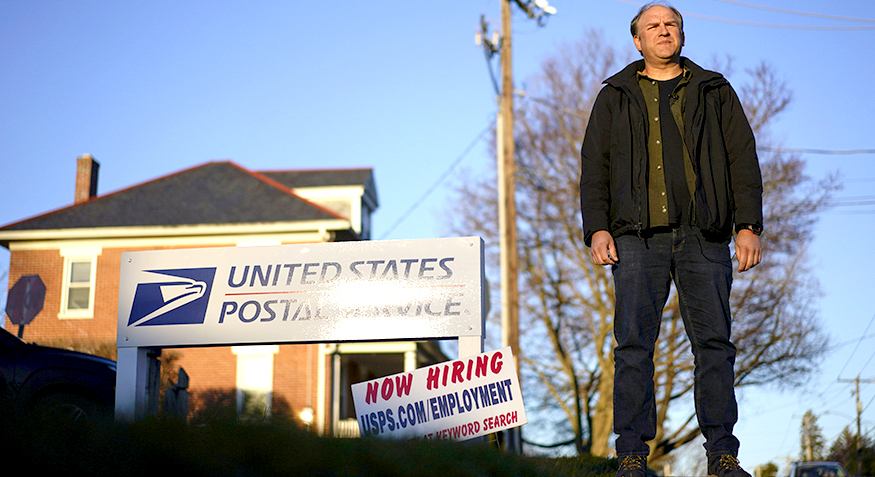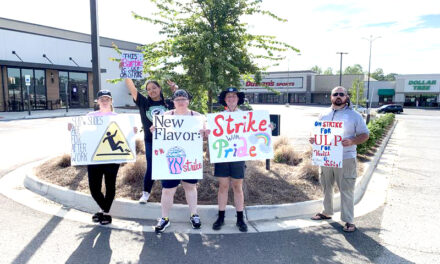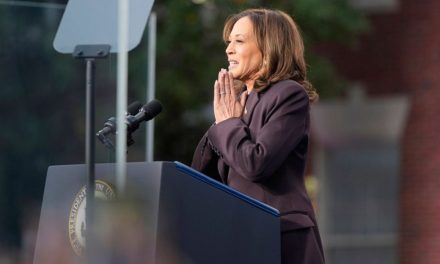By: Staff, Wire
Businesses will have to demonstrate “substantial increased business costs” as justification for denying Sundays off for Christians who feel strongly that the day should be reserved for worship and rest under a recent ruling by the U.S. Supreme Court.
The unanimous ruling in the case Groff v. DeJoy, which earned praise from Oklahoma Attorney General Gentner Drummond, served to solidify protections for workers who ask for religious accommodations. Oklahoma filed two “friend-of-the-court” briefs in favor of the plaintiff in the case, Gerald Groff, who gave up his job as a mail carrier in Pennsylvania after he was told he would have to work on Sundays delivering packages.
Drummond and others asserted that the U.S. Postal Service could have accommodated Groff’s request and that it violated Title VII of the Civil Rights Act of 1964 by not doing so.
“I am pleased by the Supreme Court’s resounding affirmation of religious liberty,” Drummond said. “This unanimous decision emphasizes that Americans of all faiths have a Constitutional right to live and work according to their religious beliefs.”
The justices ruled 9-0 that employers should make accommodations for people based on their religious beliefs unless they would be able to show their business would otherwise suffer “substantial increased costs.” They made it clear that businesses would have to cite more than minor costs – known as “de minimis” costs – to reject requests for religious accommodations.
Groff, who was told that as part of his job, he would need to start delivering Amazon packages on Sundays, declined, saying that he believed Sundays should be reserved for church and family.
According to evidence presented in the case, USPS officials initially tried to get substitutes for Groff’s shifts, but they could not always accommodate him. When Groff did not show up for work, that meant more work for others, USPS officials said in justifying making him work on Sundays.
Ultimately, Groff quit and then sued for religious discrimination.
Requests for religious accommodation come up most often when employees seek schedule changes such as asking to take the Sabbath off or midday prayer breaks, or they might ask for exemptions from a company’s dress code or grooming policies. Other examples include employees wanting to display religious symbols in the workplace.
Before the court’s most recent ruling, a 1977 Supreme Court case, Trans World Airlines v. Hardison, had been seen as providing a benchmark for employers to follow. In that case, it was found that employers could deny religious accommodations if they were to impose “more than a de minimis cost” to a business.
In the latest ruling, Judge Samuel Alito, who authored the court’s opinion, said that lower courts previously had incorrectly latched on to the “de minimis” language as the governing standard.
“In this case, both parties agree that the ‘de minimis’ test is not right, but they differ slightly in the alternative language they prefer. … We think it is enough to say that an employer must show that the burden of granting an accommodation would result in substantial increased costs in relation to the conduct of its particular business,” Alito wrote.











